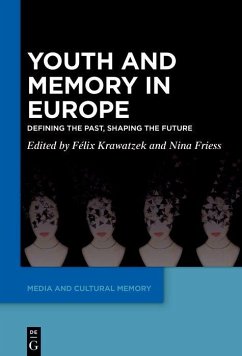This volume contends that young individuals across Europe relate to their country's history in complex and often ambivalent ways. It pays attention to how both formal education and broader culture communicate ideas about the past, and how young people respond to these ideas. The studies collected in this volume show that such ideas about the past are central to the formation of the group identities of nations, social movements, or religious groups. Young people express received historical narratives in new, potentially subversive, ways. As young people tend to be more mobile and ready to interrogate their own roots than later generations, they selectively privilege certain aspects of their identities and their identification with their family or nation while neglecting others. This collection aims to correct the popular misperception that young people are indifferent towards history and prove instead that historical narratives are constitutive to their individual identities and their sense of belonging to something broader than themselves. Félix Krawatzek und Nina Friess, Centre for East European and International Studies (ZOiS), Berlin, Germany.
Dieser Download kann aus rechtlichen Gründen nur mit Rechnungsadresse in A, B, BG, CY, CZ, D, DK, EW, E, FIN, F, GR, HR, H, IRL, I, LT, L, LR, M, NL, PL, P, R, S, SLO, SK ausgeliefert werden.









